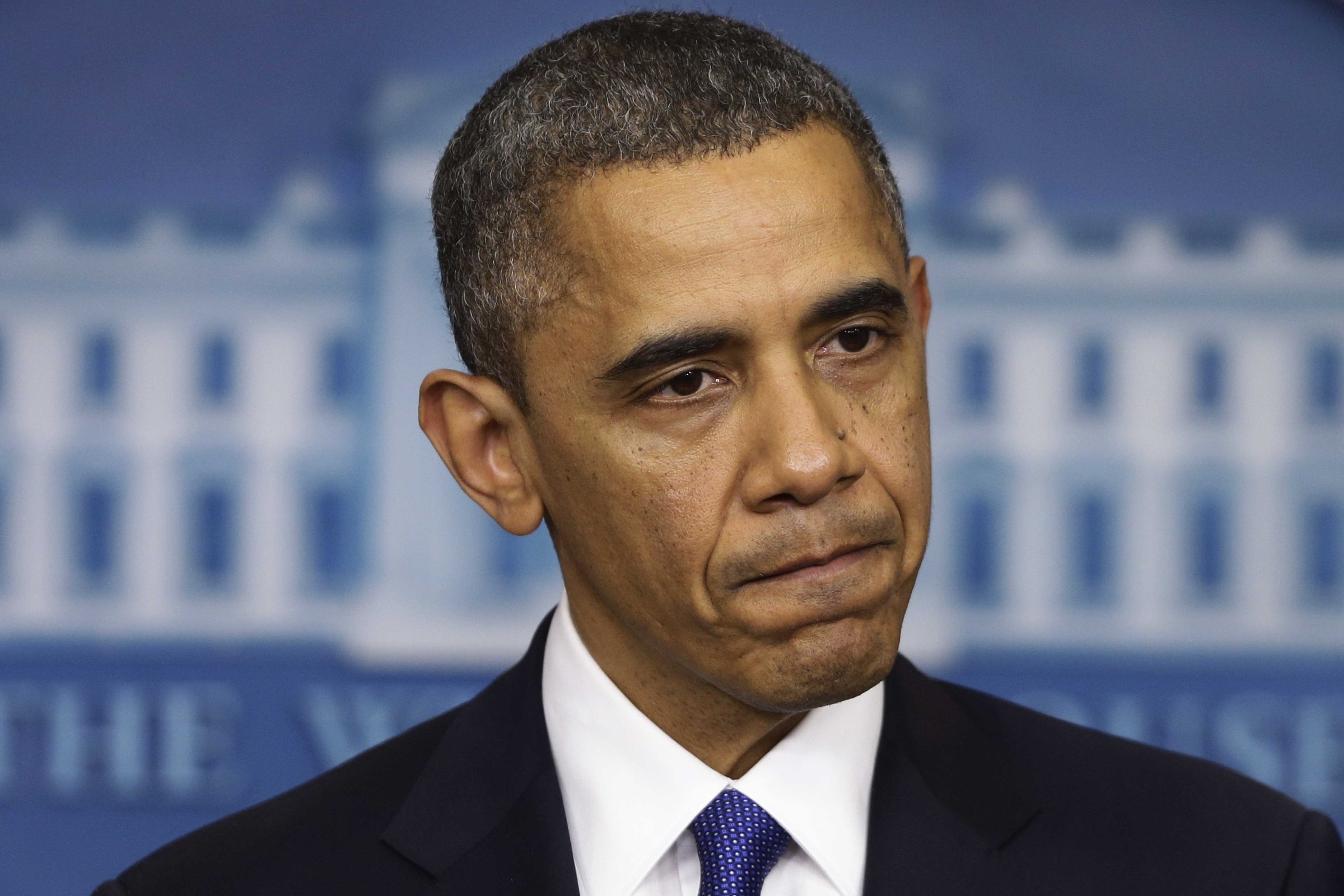US decision to send arms to Syrian rebels may make bad situation worse
It is hard to avoid the conclusion that President Obama has ceded too much to the pressures and assurances from “aides and critics.” Perhaps as a trained lawyer, he is used to looking to “clients” to make the substantive decisions, but it’s him the American people elected. He needs to be Commander in Chief and to “first do no harm.”
| Suggested Reading | Conflict Background | GCCT |
By Gerard M. Gallucci
The New York Times and Washington Post of June 15 offered interesting background on President Obama’s decision to begin sending arms to the Syrian rebels. According to the Times, Obama was ambivalent. He had been trying to ensure his legacy as the President who got the US out of wars in the Mid-East and now had to be “dragged” to the decision by aides and critics. Obama’s decision was ultimately forced by evidence that Assad had crossed his “red line.” The intelligence community had become confident of its assessment that the regime had used chemical weapons that led to 100-150 deaths. Also, according to the Post, the CIA is now confident it knows to whom to give the arms. Confidential sources suggested that the command structures of the rebels have “improved” so the Agency can funnel weapons – for now, small arms and not anti-tank or surface-to-air weapons – to those less likely to use them later against Western interests. Reportedly, Obama remains opposed to sending US troops or trying to impose a no-fly zone, which the White House says would be “dramatically more difficult and dangerous and costly” than it was in Libya in 2011.
Obama’s decision to begin sending arms to Syria raises important issues about US foreign policy as well as its impact on Syria and the region. For the former, it seems odd, to say the least, for a US president to allow himself to be “dragged” to a decision that he seemed to know better than to make for the last several months. Who did the dragging? Is this the first result of his appointment of Susan Rice – a prima interventionista – as NSC Advisor? According to sources talking to the Times, in private Obama expressed no confidence that it would change the outcome of Syria’s civil war but hoped it might buy time to bring about a negotiated settlement. Has US foreign policy become a shot in the dark? Zbigniew Brzezinski told the Times that he was “baffled” by a decision without any clear objective and wondered if “every nondemocratic government in the world has to be removed by force.”
In a tweet, he said it was “mess in the making.” As for Syria, modest US support to the rebels is likely only to prolong the conflict without giving either side any more incentive to accept negotiations. As it looks now, it will be difficult for either to prevail in the short-term and the momentum seems to have shifted to the Assad forces. Perhaps the US assistance will help reverse that process but if not, pressure may build on Obama to do more and may lead others in the region to step up their involvement too. Meanwhile the US has set a condition for any possible negotiation – that it not include a role for Assad in a future government – that essentially kills the possibility of working with Russia – via the UN Security Council – to pressure both sides to talk. The US is still trying to deal with Syria in its own unilateral way.
One must also wonder about the role of intelligence and the CIA in Obama’s decision. The CIA has been providing non-lethal support to the rebels for some time. The intelligence community is now assuring the President that chemical weapons have been used while the CIA is assuring that it knows who to aid and is ready to do so. Reforms in the US intelligence community since the shoddy work done on Iraq WMDs in 2002 is supposed to have increased confidence in its ability to deliver objective analysis. One of the chiefs faults noted in the case of the 2002 analysis – that led to the conclusion that Saddam had chemical weapons – was that crucial information came from a source (“Curveball”) that favored US intervention. Can we be sure of the sources now or that information is not being tailored to support the case for intervention?
It is hard to avoid the conclusion that President Obama has ceded too much to the pressures and assurances from “aides and critics.” Perhaps as a trained lawyer, he is used to looking to “clients” to make the substantive decisions, but it’s him the American people elected. He needs to be Commander in Chief and to “first do no harm.”
Gerard M. Gallucci is a retired US diplomat and UN peacekeeper. He worked as part of US efforts to resolve the conflicts in Angola, South Africa and Sudan and as Director for Inter-American Affairs at the National Security Council. He served as UN Regional Representative in Mitrovica, Kosovo from July 2005 until October 2008 and as Chief of Staff for the UN mission in East Timor from November 2008 until June 2010. He will serve as Diplomat-in-Residence at Drake University for the 2013-14 school year.




















US decision to send arms to Syrian rebels may make bad situation worse – It is hard to avoid the… http://t.co/tm0cZintVW #Syria #US
#US decision to send arms to #Syria rebels mistake. Who to blame, #Obama or Susan Rice? Which one is President? http://t.co/4IJeV4ozvW
@RT_com @meyerbade #US can’t both arm one side in #Syria & dictate other can’t be included in negotiations: http://t.co/4IJeV4ozvW
#MidEast #Obama – MT @TransConflict: #US decision to send arms to #Syria #rebels may make bad situation worse: http://t.co/md8zJFFFHT
Pingback : US foreign policy and the pursuit of “democracy” | TransConflict
Pingback : America's default setting - part two - TransConflict